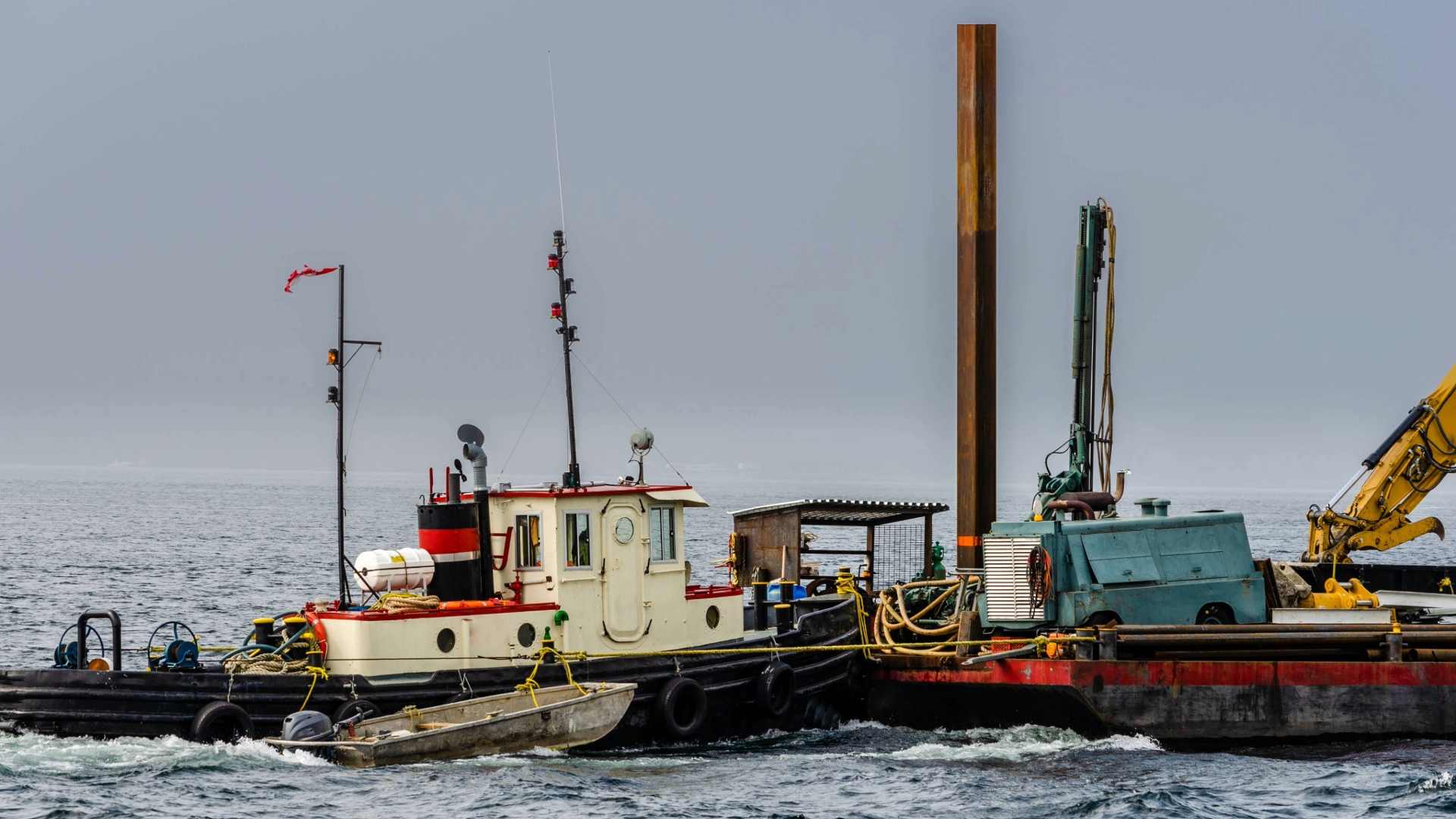Introduction
A long-anticipated river dredging project in Calumet County, Wisconsin, is now back on track after Governor Tony Evers reversed an earlier decision to veto the initiative in the state budget. The project, focused on the north branch of the Manitowoc River within the Brillion State Wildlife Area, aims to restore river flow, remove excess sediment and cattail mats, and enhance recreational access for paddlers. It is a critical step forward in habitat restoration and water management for the region.
Background: A Project in Political Limbo
Initially, the Manitowoc River dredging proposal faced a significant setback when Governor Evers vetoed the related funding from the state budget. The veto stirred frustration among local legislators and conservation advocates, who had worked to secure support for the effort. One of the main concerns was that while the governor’s administration expressed interest in the project, the necessary funding had not been allocated at the time.
Representative Ron Tusler, R-Harrison, voiced strong criticism, stating, “I appreciate that they eventually changed their mind, but they shouldn’t have vetoed it in the first place when they told us they wanted to do it. They just didn’t have the money.” The veto led to political back-and-forth, but behind the scenes, discussions continued about how to advance the project without compromising other budget priorities.
Turning Point: Collaborative Efforts Pave the Way
On Wednesday, Governor Evers’ office announced that the Department of Natural Resources (DNR) is partnering with Ducks Unlimited—a nonprofit organization known for its conservation efforts across North America—to implement the project. This collaboration means the dredging can now proceed without requiring additional appropriations through the state legislature.
“When we veto some things, especially partially veto, it’s easier to talk about it in terms of you and I talking about it than writing that out in the budget itself,” Governor Evers said, highlighting the complexity of navigating budget negotiations.
Project Scope: Clearing the Way for a Healthier River
The dredging project aims to remove sediment buildup and dense cattail mats that have accumulated over time in the north branch of the Manitowoc River. These obstructions reduce water flow, degrade water quality, and hinder the river’s ability to support aquatic life. They also limit recreational use of the river by kayakers, canoers, and other nature enthusiasts who frequent the Brillion State Wildlife Area.
River dredging is crucial in situations like this, where sedimentation poses a threat to the ecological balance of wetland systems. In Calumet County, the dredging will serve both environmental and recreational goals. Improved water flow means better oxygenation for aquatic species and fewer stagnant areas that can lead to algae blooms or habitat loss. For bird watchers, anglers, and paddlers, the project promises easier access and a more enjoyable experience.
Why Dredging Matters
Dredging plays a crucial role in maintaining the health of rivers. In the context of the Manitowoc River, it is not simply about clearing space—it’s about restoring the river’s natural function. Over time, rivers collect sediment from upstream sources, including eroded soil, organic debris, and runoff from agricultural land. When this sediment is not managed, it can drastically alter the riverbed, increase flood risks, and displace native plants and animals.
By dredging, project teams will reestablish the river’s intended channel, allowing water to flow more freely and reliably. This is particularly important during storm events or spring thaws, when restricted flow can lead to localized flooding. Additionally, wetland health is closely linked to river behavior, making dredging beneficial for marsh restoration as well.
Economic and Recreational Benefits
Beyond its ecological benefits, the dredging project will have positive economic implications. The Brillion State Wildlife Area is a popular destination for outdoor recreation, contributing to the local tourism economy. Enhancing the river’s navigability can attract more visitors and support local businesses that cater to hunters, fishers, campers, and nature lovers.
Improved access for kayaks and canoes is particularly valuable as paddle sports continue to grow in popularity. Dredging ensures that shallow spots and vegetative overgrowth don’t limit exploration or pose safety risks. Families and outdoor groups will have more opportunities to enjoy a cleaner, better-managed waterway.
A Model for Cooperation
This project is also a testament to what’s possible when government agencies and conservation groups collaborate. Ducks Unlimited brings years of wetland expertise, while the DNR provides the regulatory support and long-term vision for state-managed lands. Together, they can carry out river dredging operations more efficiently and with a deeper understanding of ecological impact.
Such partnerships may become increasingly important as state and federal budgets grow tighter and environmental challenges become more complex. Finding cost-effective ways to manage water resources without heavy reliance on new legislative funding is a practical strategy.
Looking Ahead: A Step Forward for Calumet County
Set to begin in 2026, the Manitowoc River dredging project marks a meaningful win for conservation in Wisconsin. While the path to approval was winding and politically charged, the result demonstrates a shared commitment to improving the environment and serving the public good.
Calumet County residents, local wildlife, and outdoor enthusiasts alike stand to benefit from the river’s renewed vitality. As the river flows more freely through the Brillion State Wildlife Area, it will serve as a reminder that even amid political divides, progress is possible when nature takes priority.
